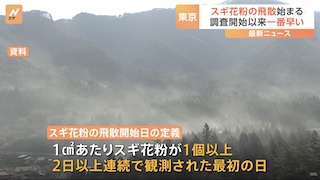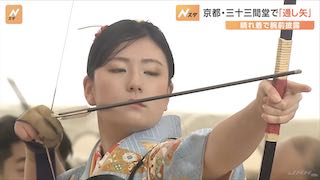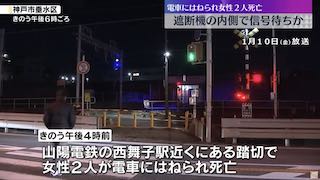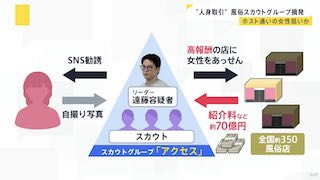Jan 11 (mondediplo.com) - The general election for Japan’s lower house last October was the first since the act on ‘promotion of gender equality in the political field’ three years earlier.
Yet the number of women elected to the 465-seat House of Representatives actually fell — to 45, down two from 2017, when Japan ranked 163rd out 193 countries for gender equality in politics. Feminists wanted the act to require parties to field equal numbers of male and female candidates. But after fierce opposition from rightwing Diet members, it only requires political parties to make ‘every possible effort’.
Only 9.7% of the ruling Liberal Democratic Party’s (LDP) candidates were women. The centre-left Constitutional Democratic Party (CDP), the main opposition party, had 18.3% women. The Communist Party (JCP) did better with 35.4%, and the Social Democratic Party (SDP) had 60%, though only nine candidates in total.
Feminism in Japan dates back to the end of the 19th century, when women demanded easier access to education and greater political rights. As part of modernisation during the Meiji era (1868-1912), primary education became compulsory for all from 1872; an 1886 decree required prefectural authorities to provide secondary education. Most universities, however, only accepted women after 1945 and even then, until 1995, most women attended two-year junior colleges. Everyone in Japan remembers the scandal in 2018, when Tokyo Medical University (private) admitted it had been reducing female applicants’ entrance exam scores for years. (Japan has a very low percentage of female doctors by international standards.)
Women began demanding the right to vote as soon as ‘universal’ adult male suffrage was granted in 1925. But in 1941 the second world war forced them to disband their campaign organisations and join the Patriotic Women’s Association, and, in 1942, the Greater Japan Women’s Association (membership compulsory for all aged 20 or over). This was a considerable setback.















